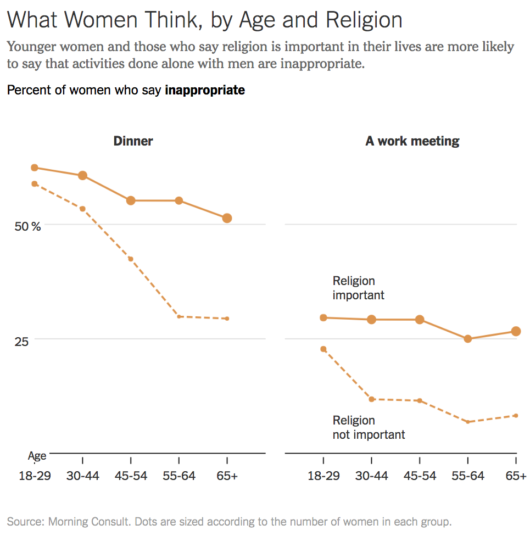Keynes was wrong; animal spirits do not drive growth
Here is Neil Irwin:
After Donald J. Trump won the presidential election, Americans’ optimism about the economic future soared. But midway through the year, that optimism has not translated into concrete economic gains.
This seeming contradiction exposes a reality about the role of psychology in economics — or more specifically, how psychology is connected only loosely to actual growth. It will take more than feelings to fix the sluggishness that has been evident in the United States and other major economies for years. Confidence isn’t some magic elixir for the economy: Businesses will hire and invest only when they see concrete evidence of demand for their products, and consumers intensify their spending only when their incomes justify it.
Long run growth is driven by fundamentals: free markets, property rights, sensible taxes, low corruption, human capital, technology, peace, etc. Short run growth is driven by aggregate demand, i.e. monetary policy.
That’s why I prefer monetarism to Keynesianism, despite all its faults. At least monetarists understand that monetary policy drives AD.
PS. Off topic, I found this NYT story to be of interest:
Jason Kenney, then a Conservative member of Parliament, convinced Prime Minister Stephen Harper that the party should court immigrants, who — thanks to Mr. Trudeau’s efforts — had long backed the Liberal Party.
“I said the only way we’d ever build a governing coalition was with the support of new Canadians, given changing demography,” Mr. Kenney said.
He succeeded. In the 2011 and 2015 elections, the Conservatives won a higher share of the vote among immigrants than it did among native-born citizens.
The result is a broad political consensus around immigrants’ place in Canada’s national identity.
That creates a virtuous cycle. All parties rely on and compete for minority voters, so none has an incentive to cater to anti-immigrant backlash. That, in turn, keeps anti-immigrant sentiment from becoming a point of political conflict, which makes it less important to voters.
In Britain, among white voters who say they want less immigration, about 40 percent also say that limiting immigration is the most important issue to them. In the United States, that figure is about 20 percent. In Canada, according to a 2011 study, it was only 0.34 percent.


